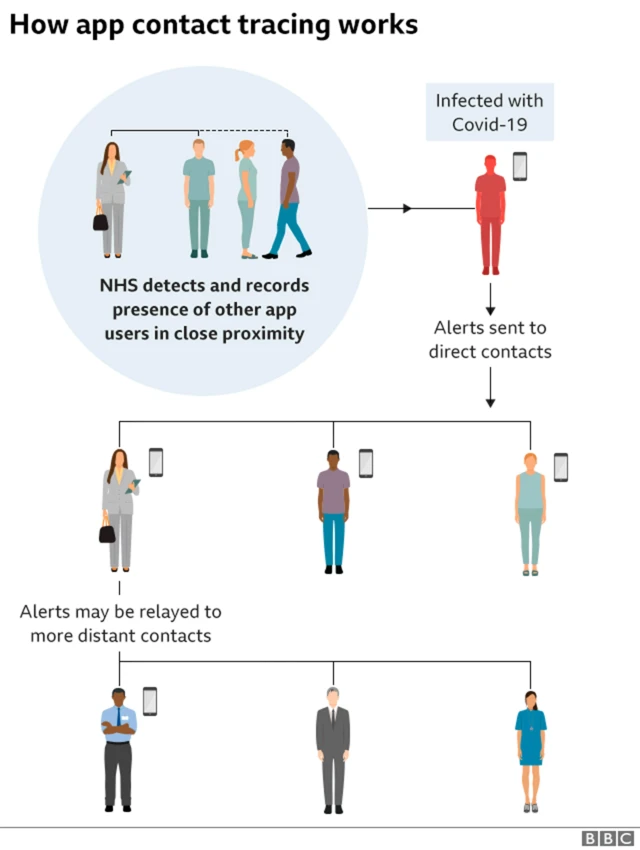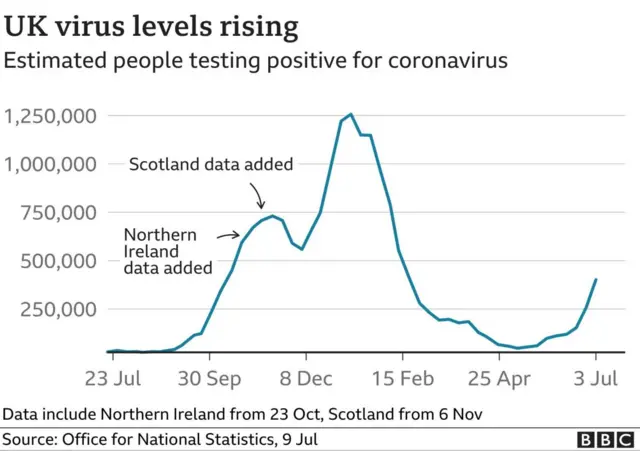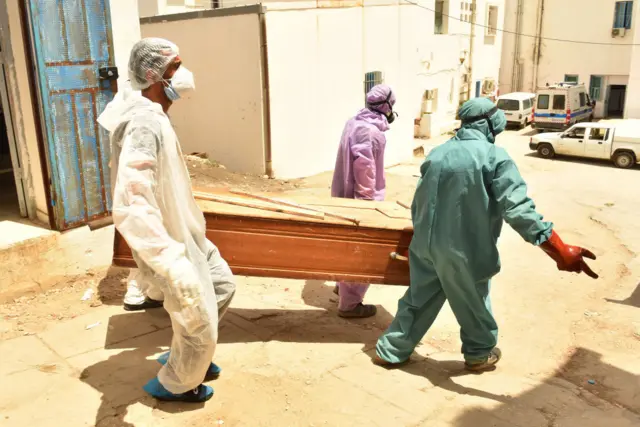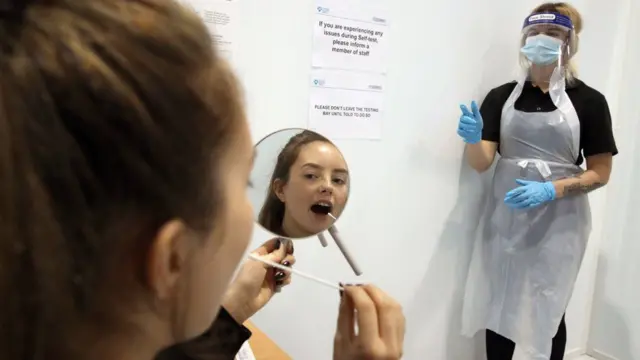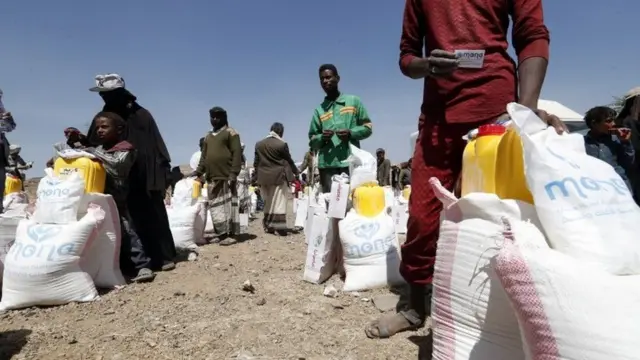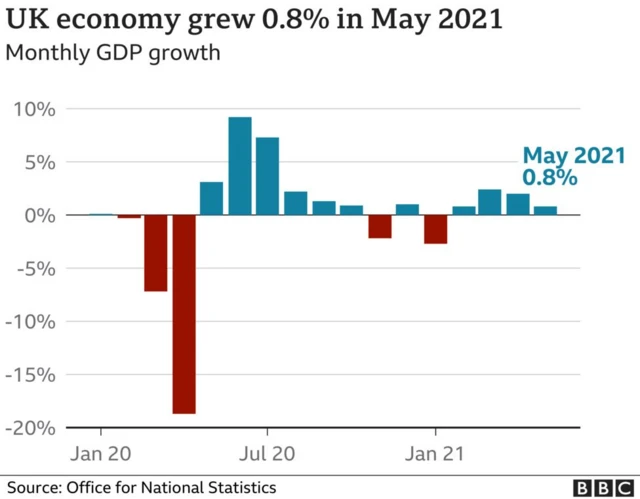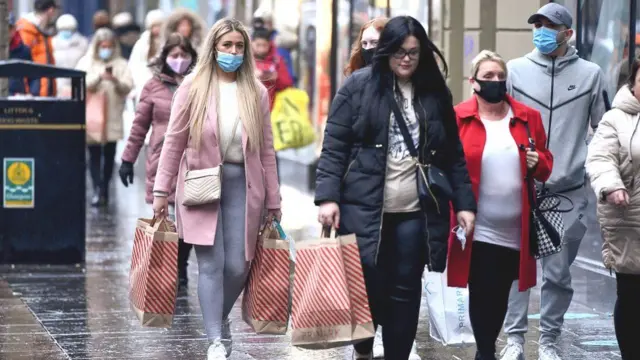Two vaccine doses are sufficient, says European Medicines Agencypublished at 13:46 BST 9 July 2021
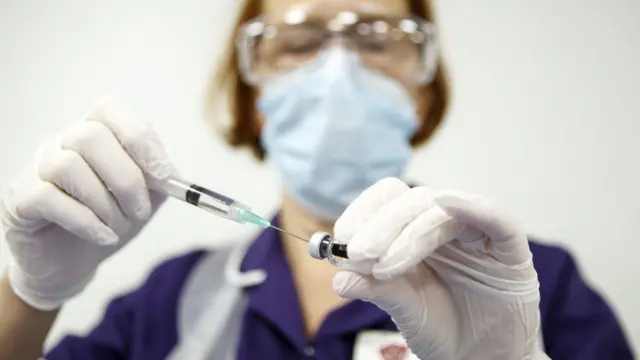 Image source, PA Media
Image source, PA MediaWe reported earlier that Pfizer and partner BioNTech plan to seek authorisation for a third booster dose of coronavirus vaccine in Europe, the US and Asia.
But the EU's regulator body says it is too early to determine whether any more than two jabs would be called for.
The European Medicines Agency says it is confident for now that two doses are "sufficient".
Pfizer BioNTech's plan is based on evidence of greater risk of infection six months after inoculation and the spread of the highly contagious Delta variant.
The World Health Organization says there is limited data on the length of protection offered by current vaccines.
Here's what we know about the NHS's booster vaccine plans so far.


